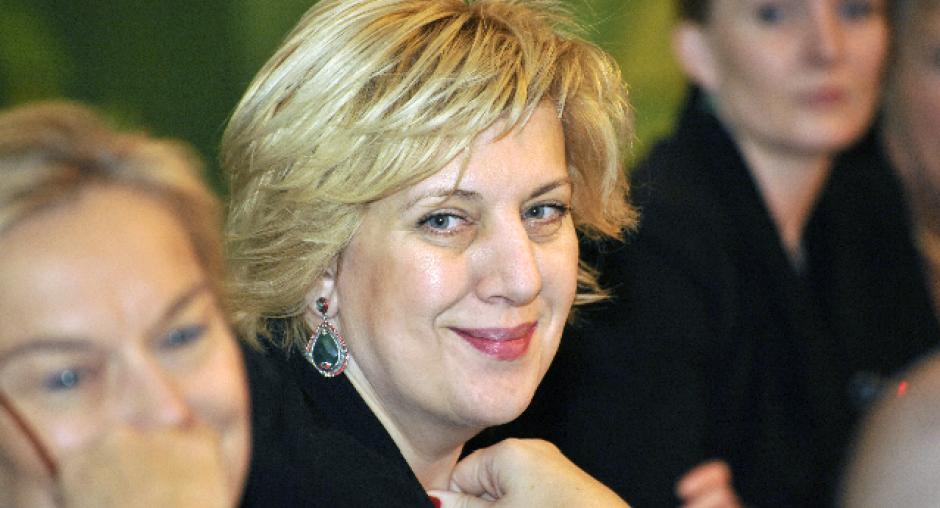OSCE media representative urges European Parliament to reassess ACTA to safeguard freedom of expression

VIENNA, 14 February 2012 – In a letter to the President of the European Parliament, Martin Schulz, today, OSCE Representative on Freedom of the Media Dunja Mijatović urged the Parliament to safeguard free expression when discussing the draft Anti-Counterfeiting Trade Agreement (ACTA).
The letter to Schulz follows her January statement on ACTA as well as the Stop Online Piracy Act and Protect Intellectual Property Act in the United States, in which Mijatović warned about the dangers of placing the interests of rights holders above the fundamental right to freedom of expression and the right to privacy.
“In my role as the OSCE Representative on Freedom of the Media, I am mandated to observe media freedom developments in the OSCE participating States and am concerned that the present agreement on ACTA might have a detrimental affect on freedom of expression and a free flow of information in the digital age,” Mijatović wrote in her letter.
The Representative highlighted a number of concerns, including that ACTA would authorize online service providers to disclose personal information of alleged copyright infringers to rights holders without a court order or the right to appeal, placing the decision on the legal status of content outside the established judicial framework. Furthermore, these provisions would not provide for any guarantees of the right to privacy or the free flow of information, she said.
The Representative asked the European Parliament to take these issues into account when discussing ACTA.
“I think that it would be helpful to conduct a thorough assessment of the effect the agreement might have on fundamental rights, particularly freedom of expression and the right to privacy in the European Union and beyond,” Mijatović wrote.
“International copyright provisions were adopted a century ago, at a time when the first houses in Europe were equipped with electricity, not to speak about broadband. These provisions are not fitted well today to the pace of the digital age we are living in, with the ability to share information across borders,” she added.
